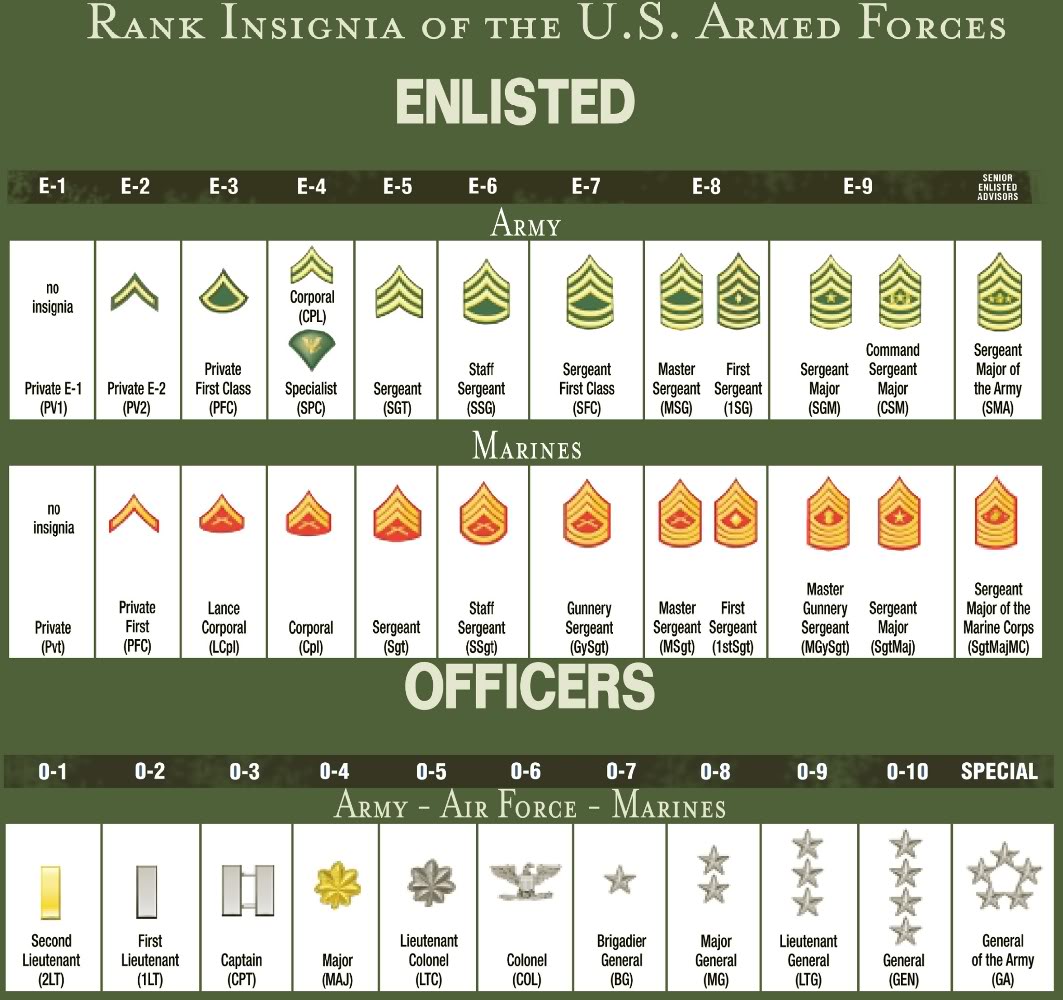
However, any other type of relationship can also be prohibited if it has an adverse effect on a unit or chain of command, which can include just the appearance of impropriety. The policy specified certain relationships that are always improper such as relationships between officers and enlisted service members that are personal, involve ongoing business, or involve gambling.


What Is Fraternization in the Military?Įach branch of the military used to have its own set of rules governing fraternization, but this changed in 1999 when the Department of Defense issued a issued a uniform policy for all branches to follow. See FindLaw's Military Criminal Law section for related articles and resources. This article discusses the basics of fraternization in the military, the likelihood of facing charges, consequences, and possible defenses. Not all contact between enlisted persons and officers or subordinates and superiors is prohibited, just contact that would compromise (or have the appearance of compromising) order, discipline, and the chain of command. When this occurs between officers and enlisted service members or between some other hierarchical pairing, as between a commander and an officer or enlisted soldier in her command, it can potentially undermine the chain of command, order, and discipline.

Fraternization involves improper relationships, ranging from overly casual relationships to friendships to romantic relationships. Fraternization in the military relates to prohibited personal relationships between military service members of different ranks and positions.


 0 kommentar(er)
0 kommentar(er)
